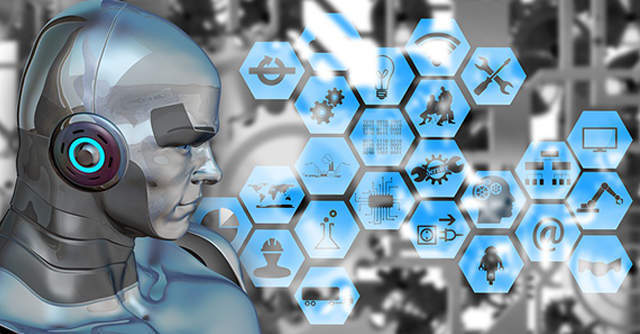
Valeo to showcase autonomous electric delivery droid at CES 2020


Paris-based automotive supplier Valeo will unveil its autonomous electric delivery droid prototype, Valeo eDeliver4U, at the CES 2020 (Consumer Electronics Show).
The droid prototype was developed in partnership with China’s e-commerce platform for services Meituan Dianping, which operates popular food delivery service Meituan Waimai.
The droid — 2.80m long, 1.20m wide and 1.70m tall — can deliver up to 17 meals per trip. The company said the droid can autonomously negotiate dense and complex urban environments at about 12 km/h without generating any pollutant emissions, according to a statement.

With a range of 100km, the prototype droid is expected to change the home delivery scenario in the near future.
The droids are equipped with four Valeo SCALA laser scanners, a front camera, two fisheye cameras, two radar devices and six ultrasonic sensors, coupled with software and AI (artificial intelligence). Valeo claims its SCALA scanner to be the first laser scanner for the automotive volume production.
“This delivery droid illustrates Valeo’s ability to embrace new forms of mobility using its technological platforms. The modularity of the platforms means our technologies can just as easily be fitted to cars, autonomous shuttles, robotaxis and even droids. These new markets will allow us to further consolidate our leadership around the world in vehicle electrification, driver assistance systems and autonomous driving.” Jacques Aschenbroich, chairman and chief executive officer of Valeo said.

The chassis feature include a Valeo 48V motor and a Valeo 48V inverter, which acts as the system’s “brain” and controls the power, a speed reducer, a 48V battery, a DC/DC converter and a Valeo 48V battery charger. It also has a electric power steering and braking systems, the company said in a statement.
Recently, Bengaluru-based global design and technology services provider Tata Elxsi announced the completion of its in-house autonomous AI (artificial intelligence)-based taxi, called RoboTaxi, in partnership with California-based AEye, an advanced artificial vision hardware provider.
The AI-based system acts as the eyes and visual cortex of autonomous vehicles. It is a smart sensor that improves reliability and range of detection. The feature allows the user to travel in a RoboTaxi from their current location to the user’s selected destination with the press of a button on the screen.

CES 2020 is taking place from January 7 to 10 in Las Vegas.
